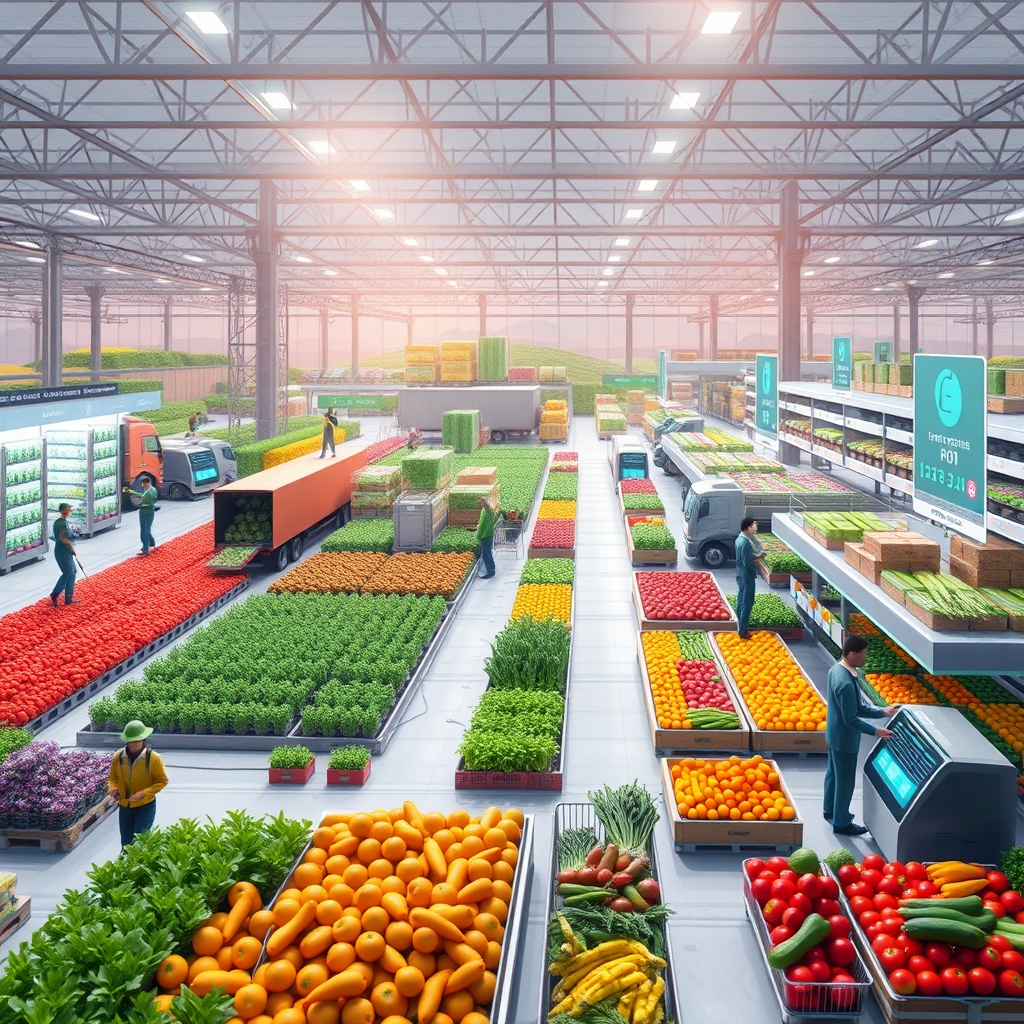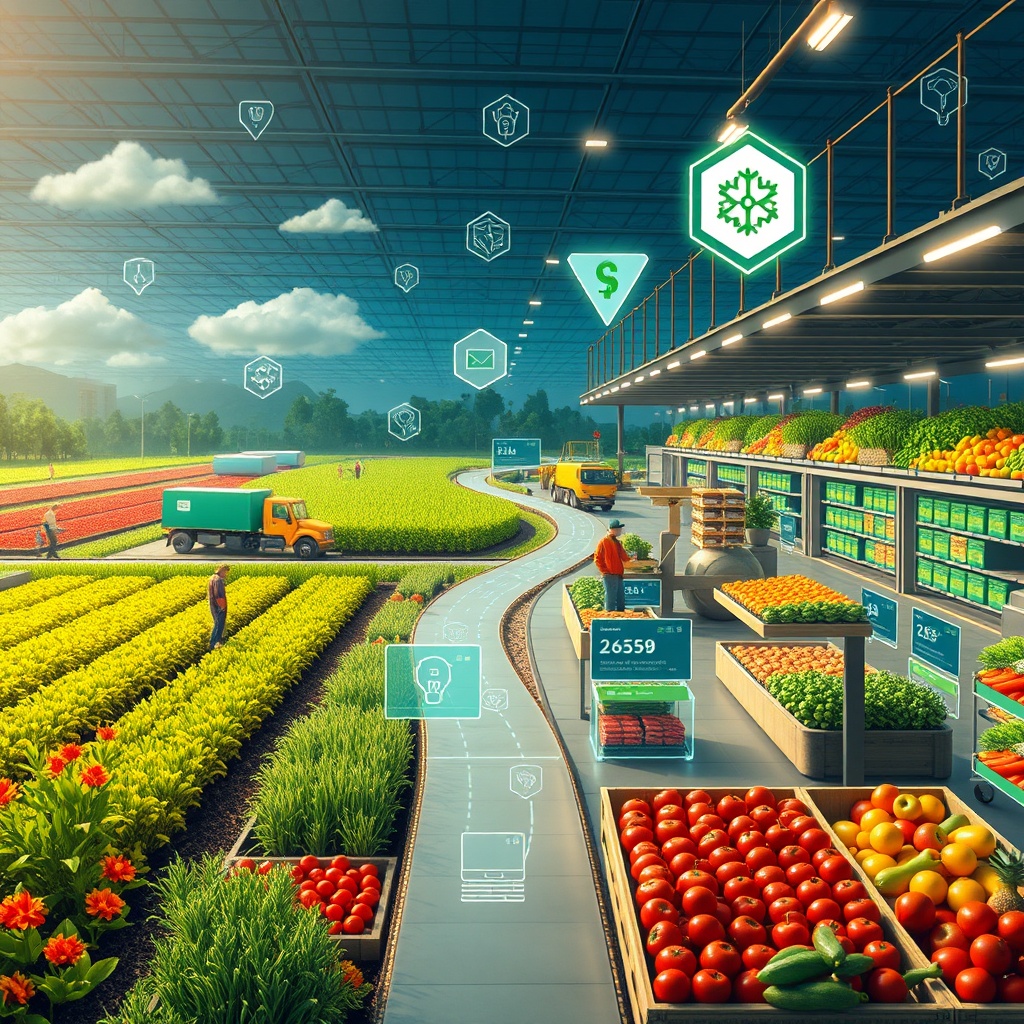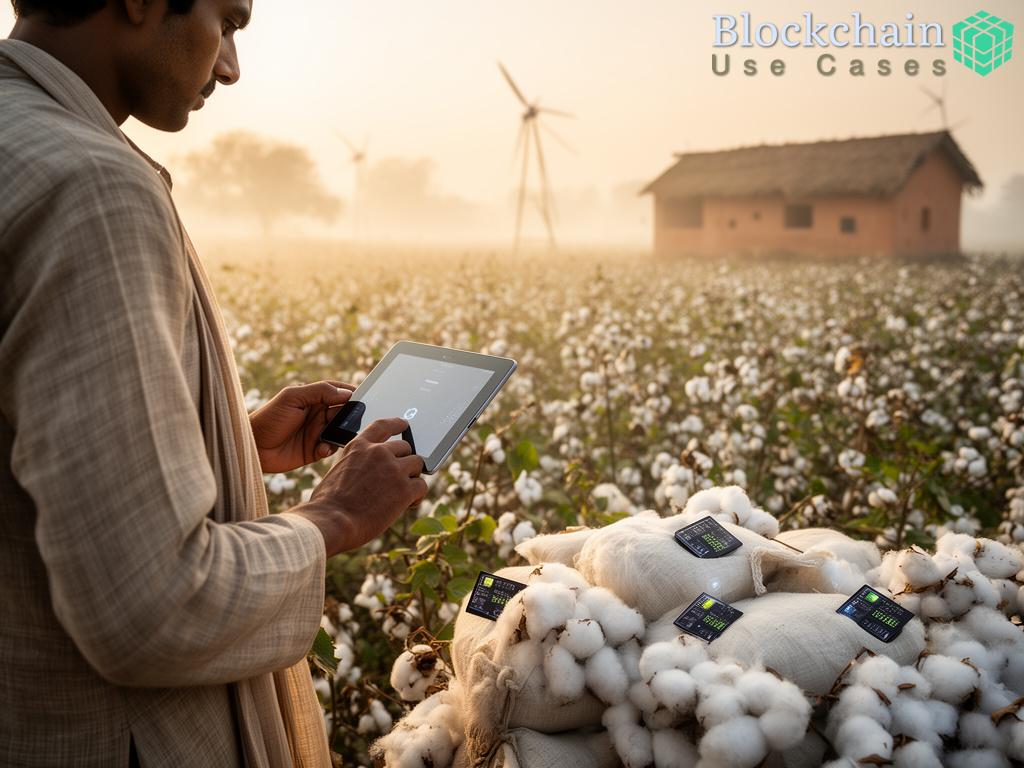In a world where food waste has become a pressing global issue, blockchain technology emerges as a beacon of hope. This innovative system not only enhances transparency but also optimizes the entire supply chain, ensuring that every morsel of food reaches its destination without unnecessary loss. As we dive deeper, let’s explore how blockchain is reshaping the food supply landscape.
Enhancing Traceability and Accountability

One of the standout features of blockchain is its ability to provide an immutable record of transactions. In the realm of food supply chains, this translates to enhanced traceability, allowing stakeholders to track the journey of food products from farm to table.
By employing a decentralized ledger, each participant in the supply chain can verify the integrity of the information shared. This not only holds producers accountable but also empowers consumers to make informed choices about the food they purchase. The result? Reduced waste due to better inventory management and fewer losses from spoilage.
Streamlining Communication Among Stakeholders
Communication breakdowns are a frequent culprit in food waste. Lengthy delays and misinformation can lead to overproduction or misallocation of resources. Blockchain addresses this challenge by creating a real-time, accessible platform for all stakeholders—farmers, distributors, retailers, and consumers alike.
Consider the following benefits of streamlined communication:
- Real-Time Updates: Stakeholders receive instant notifications about product availability and demand fluctuations.
- Collaborative Decision-Making: Enhanced communication fosters partnerships that can lead to joint efforts in reducing waste.
- Efficient Resource Allocation: Accurate data helps in optimizing production schedules and reducing excess supply.
Empowering Consumers with Knowledge
Informed consumers are powerful allies in the fight against food waste. Blockchain technology allows for the sharing of crucial information regarding food production, sourcing, and expiration dates. By scanning a QR code on a product, consumers can gain access to the entire history of their food, from farm origin to distribution.
This transparency not only empowers consumers to make sustainable choices but also encourages brands to adopt more responsible practices. As a result, the demand for eco-friendly and waste-reducing solutions continues to rise, creating a positive feedback loop that benefits both the planet and businesses.





